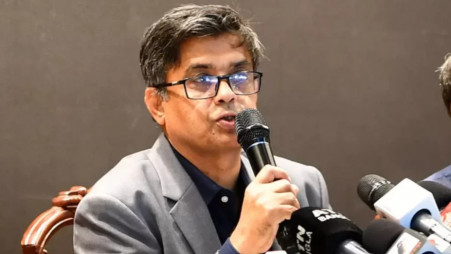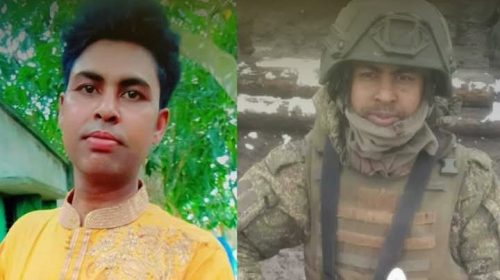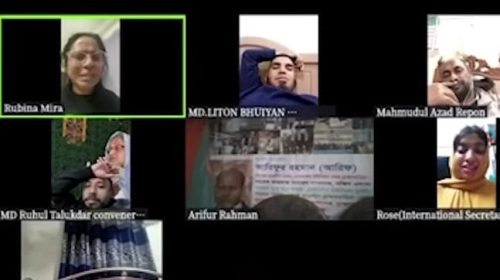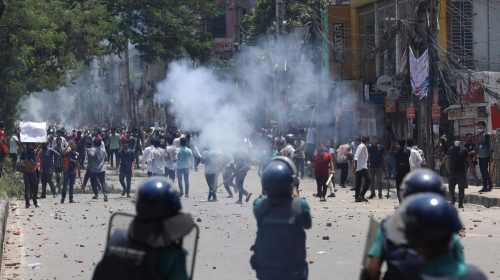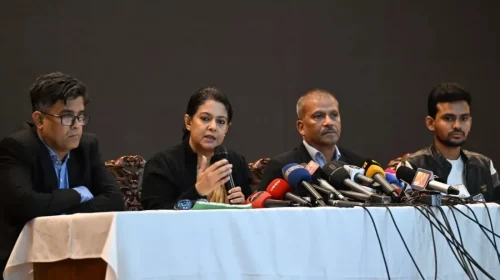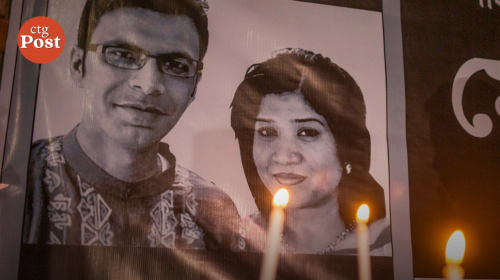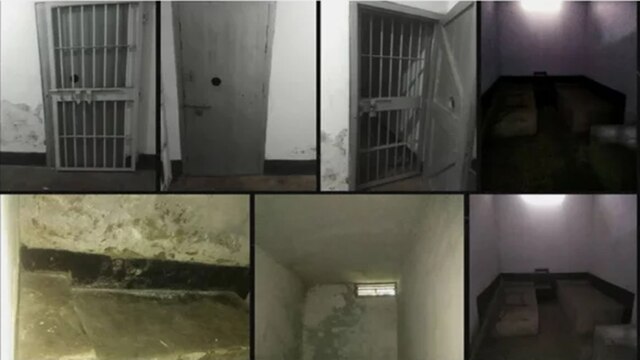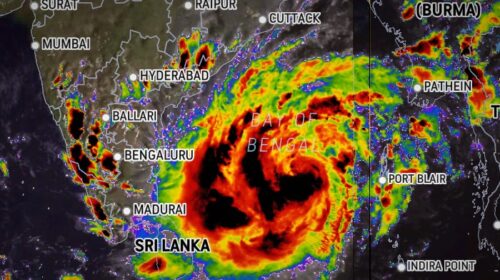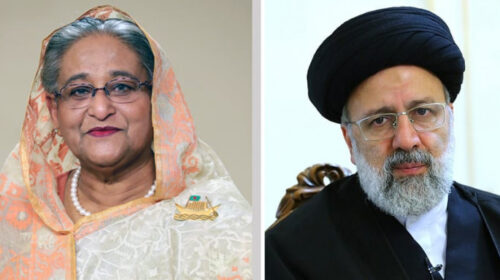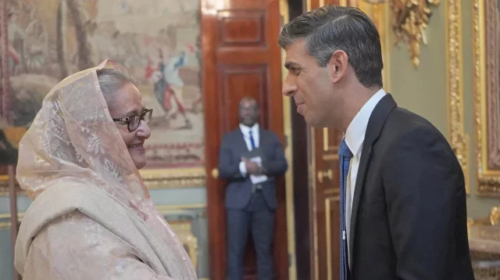The Joint Interrogation Cell, commonly referred to as Aynaghar – the infamous detention centre – is located within the headquarters of the Directorate General of Forces Intelligence (DGFI) in the capital’s Kachukhet area and contains around 22 cells, according to the commission formed to investigate cases of enforced disappearances during the tenure of the Awami League government.
At its first official press conference on Thursday since its establishment, the commission said that it had received a total of 400 complaints within 13 working days, primarily against several law enforcement agencies.
Most of the complaints of disappearances were filed against the Rapid Action Battalion (RAB), DGFI, Detective Branch (DB), and the Counter Terrorism and Transnational Crime Unit (CTTC) of Dhaka Metropolitan Police, said former High Court justice Moinul Islam Chowdhury, the chairman of the commission.
He said that based on the complaints filed by victims and their relatives, the commission visited the DGFI office and pinpointed the clandestine detention centre.
Sajjad Hossain, a member of the commission, said, “During our visit, we observed that the victims’ descriptions matched those we encountered in the DGFI detention centre [Aynaghar].”
However, some changes have already been made. Many crucial pieces of evidence have been destroyed, particularly the writings on the walls, which have been painted over, he said.
“We have verbally communicated with them [DGFI], as well as provided written notice, that the condition of Aynaghar should remain unchanged until the investigation is complete,” Sajjad Hossain added.
Commission head Moinul Islam said, “We have thoroughly examined the complaints from those who went missing under the state’s authority or by law enforcement agencies. We will also summon those against whom complaints have been lodged to hear their side of the story. If the accused fail to appear, legal action will be taken.”
“On 25 September, we visited the DGFI detention centre and on 1 October, we also inspected the DB and CTTC offices of the DMP. However, we did not find any prisoners detained there; it seems everyone was released after 5 August, following the fall of the Awami League government,” he said.
Moinul Islam said the deadline for submitting complaints was initially set for 30 September but has now been extended to 10 October.
The commission head also mentioned that 75 families of enforced disappearance victims came forward in person to provide their statements.
He noted that many complaints have also been received via post and email. If needed, the deadline for accepting complaints may be extended again.
Moinul Islam added that a decision will be made in the coming days regarding whether the investigation can be completed within three months.
Nur Khan Liton, an eminent human rights defender and a member of the commission, said, “We want to hear every complaint. We want to know what actually happened to the victims. We want to understand how they were detained.”
Another commission member, Nabila Idris, said that many of the incidents reported among the 400 complaints have come to light for the first time.
She noted that these cases of disappearance were never previously discussed, and their general diaries were not recorded at police stations.
“We invite everyone to come to the commission. We want to prioritise these complaints. Many reports are coming from outside Dhaka. If individuals cannot come in person, they can submit their complaints via post or email, and we will treat them with the utmost importance. We will also reach out to them and listen to their accounts,” Nabila Idris added.
On 27 August, the interim government formed a five-member commission to investigate cases of enforced disappearances involving various intelligence and law enforcement agencies.
According to a circular, signed by Cabinet Division Secretary Md Mahbub Hossain on 27 August, the scope of the investigation covers incidents from 1 January 2010 to 5 August 2024.
It includes all cases of enforced disappearances allegedly carried out by members of the Police, RAB, BGB, Criminal Investigation Department (CID), Special Branch, DB, Ansar Battalion, National Security Intelligence (NSI), Defense Forces, DGFI, and Coast Guard.
Under the Commissions of Inquiry Act 1956, the commission is responsible for documenting the details of each case of enforced disappearance and making appropriate recommendations to the authorities concerned.
source : tbsnews



